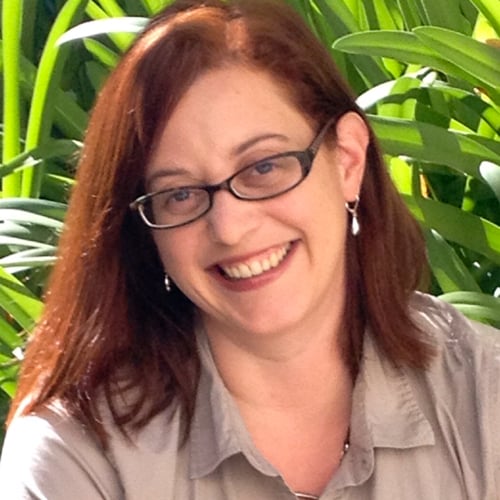Alice Petty, formerly an academic director (AD) for Wilbur Hall, recently became the new director of Pre-Major Advising (PMA). Petty will take on the task of organizing and revamping the expansive program. The Daily sat down with Petty to talk about her new role and how she plans to reshape the program to address students’ concerns.
The Stanford Daily (TSD): What is the role of a PMA?
Alice Petty (AP): Ideally, I see the PMA as a mentor and sounding board for students. I absolutely believe that the kind of connections that students can have with staff or faculty early on can be critical and profoundly valuable to their undergraduate experience.
I love hearing stories about students who are able to kind of share their decision-making process with their PMA to get insight, to have somebody push back and ask questions, to have them navigate decisions, figure out what their overall goals and values and plans are.
TSD: How will your experience as an academic director impact your role as director of the PMA program?
AP: When I was a post-doc here starting in 2006, I volunteered for a few years as a PMA, which is part of what attracted me to the position of academic director. I think as an academic director I saw how the AD and PMA programs really work in partnership to support students and that was really attractive to me.
TSD: What is the difference between a PMA and an academic director?
AP: An academic director, or an ARC advisor, or a Sweet Hall advisor, they are full-time advising professionals who really very consciously and methodically pursue in-depth knowledge of every department and program on campus. There’s a lot of expertise and precision there.
Whereas, pre-major advisors, this is a volunteer thing that they do and it’s something that they bring to their experience as Stanford employees. The pre-major advisors come from all over the university. What they bring to their role as a pre-major advisor comes through the lens of whatever other responsibility they have on campus. In many ways, that is the strength of this program, because it’s a great opportunity for you to see the university from different perspectives.
TSD: How are students paired with PMAs?
AP: The ADs do a match. We have some information about the PMAs. Usually it’s their academic interests, but they also give us hobbies, recreational stuff – if they play an instrument, if they have a dog, if they like to run, that kind of thing. When students are coming to Stanford, they write a letter to their future advisor, and we have that. And the AD sits down and reads those student files and – keeping in mind the people that they have – they work some sort of alchemy and start matching.
One of the things I’ll be thinking about this year is how we do the match, what kind of information we solicit and what kind of questions we ask of PMAs and students that might help us make better matches.
TSD: What are the challenges you foresee having to deal with in this new position?
AP: I do want to talk more about what this relationship [between PMA and student] can be, and why it’s important and why it’s valuable and how it can work. I think recruiting is challenging. It’s a volunteer position, we don’t pay, it doesn’t count toward faculty tenure files and, because of that, we have a hard time convincing some people to give up their time, so I think that’s something I’m going to need to work on.
TSD: Some students experience frustration with the PMA program, either because their PMA can’t answer their questions or students choose not to interact with their advisor. How do you plan to address these scenarios?
AP: It’s frustrating to me when I hear that a student is disappointed in their relationship with their PMA because I know that these people are all volunteers. I know that they’re out there, and there must be some sort of pragmatic way to address that. I think if people have clear expectations of what the relationship is and how it should work, they are less likely to be disappointed.
I think part of that is we put the hold on students and the expectation is that you have to meet with your PMA to get the hold lifted…so your only reason for checking in with your PMA is to have someone proofread your study list and it’s unfortunate that those things are tied together.
TSD: What do you most look forward to in this new position?
AP: I am sometimes very nervous about stepping into this position. But I really believe in this program. I really believe that advising relationships and mentoring is a critical part of your college education.
I think that building connections with faculty and staff is the difference between being a consumer of community and a creator of community, and that is tremendous. It can be absolutely transformational for some students. I think that this program has so much potential.
